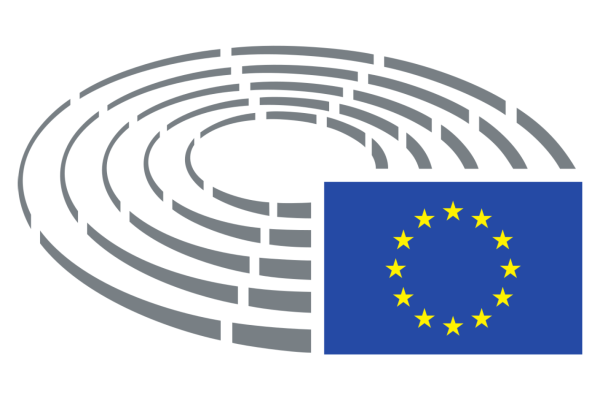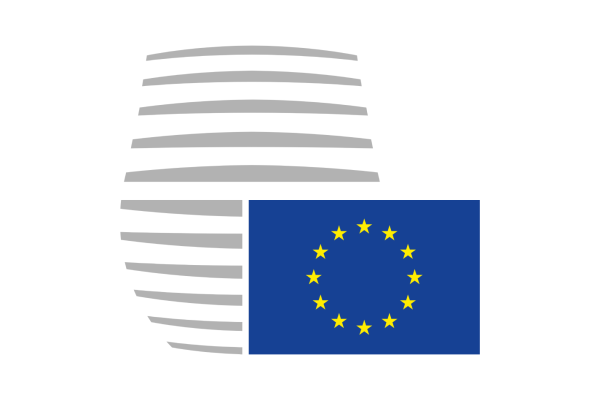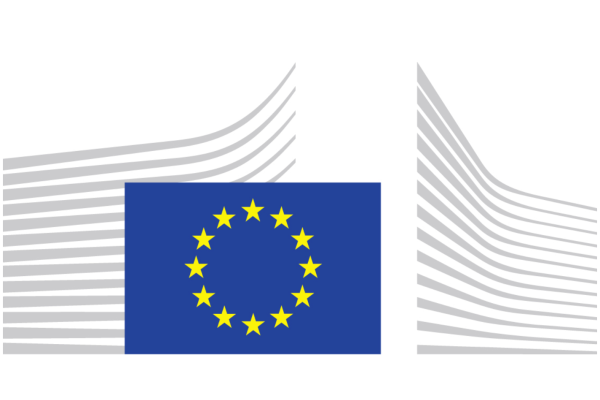What is the Transparency register?
The Transparency register is a database listing ‘interest representatives’ (organisations, associations, groups and self-employed individuals) who carry out activities to influence the EU policy and decision-making process.
It is designed to show the public which interests are being represented at EU level, by whom and on whose behalf – as well as the resources devoted to these activities (including financial support, donations, sponsorship, etc.). The register has the following key features:
- A public website where interest representatives register up to date information about their activities at EU level
- A code of conduct governing how interest representatives should interact with the EU institutions
- A complaints mechanism to enable anyone to trigger an administrative inquiry into alleged cases where registered interest representatives have failed to observe the code.
Transparency Register
Several thousands of groups and organisations like NGOs and think tanks, or corporations and trade associations as well as citizen platforms, try to influence how the European Union makes our laws.
Their aim: to help the EU Institutions shape policies that match the needs and realities of society or of the specific trade, cause or business they represent.
This is a legitimate and necessary part of the democratic decision-making process. Everyone should be able to follow it as well as have their say.
The European Parliament, Council and Commission are working together to promote transparent and ethical lobbying in order to make this process more accountable.
The Transparency Register is designed to show what interests are being represented at EU level at any one time.
It is an online public database where interest groups register and publicly declare who they are, whom they represent, what EU policies they want to influence, how they are funded and the resources they devote to their lobbying efforts.
In 2021, registration became de facto mandatory.
This applies to any interest representatives, who enter into direct contact with the EU institutions.
For example, only registered stakeholders can access EU institutions premises to meet Members, Commissioners and civil servants and sit on expert panels.
It also covers meetings and events, including videoconferences, that aim to influence decision-making.
All registered interest representatives must sign a code of conduct.
They create an online profile about their lobbying and advocacy activities in any of the official EU languages and are responsible for the accuracy of the information and for keeping it up to date.
Every new organisation applying for registration is checked.
Any organisation can be removed from the database for up to two years if they don’t comply with the code of conduct.
Over a decade after the first inter-institutional Transparency Register, more than 12,000 interest representatives are now registered.
The Transparency Register ensures greater scrutiny of lobbying, covering both the interest representatives and the decision-makers meeting them.
This way, lobbying transparency helps to foster balanced representation and to avoid undue pressure or privileged access to information or decision-makers.
It also allows people to know about all the parties involved in EU policy making.
Today, the Transparency Register is a reliable tool to help achieve an even stronger and more open European democracy.
An open dialogue
The European Parliament, the Council of the European Union and the European Commission are open and transparent in their regular dialogue with interest representatives and civil society.
These EU institutions interact with a wide range of organisations and groups representing specific interests. This is a legitimate and necessary part of the decision-making process, ensuring EU policies reflect society’s real needs.
However, this process must be open, to allow for proper public scrutiny and ensure EU institutions are accountable to European citizens.
The more open the process, the easier it is to ensure balanced representation by all interest groups and avoid undue pressure or privileged access to information or decision-makers for certain parties.
The rules and principles governing the register are set out in an interinstitutional agreement between the Parliament, Council and Commission.
News
From 1 September 2025 new rules apply to meetings with interest representatives.
From now on, the Register will automatically compare the financial information given by clients and intermediaries.
This will help to improve data quality and spot possible inconsistencies in their declarations.
NEW: Transparency Register gets a new feature – Re-activation of removed registrations with the same registration (REG) number



